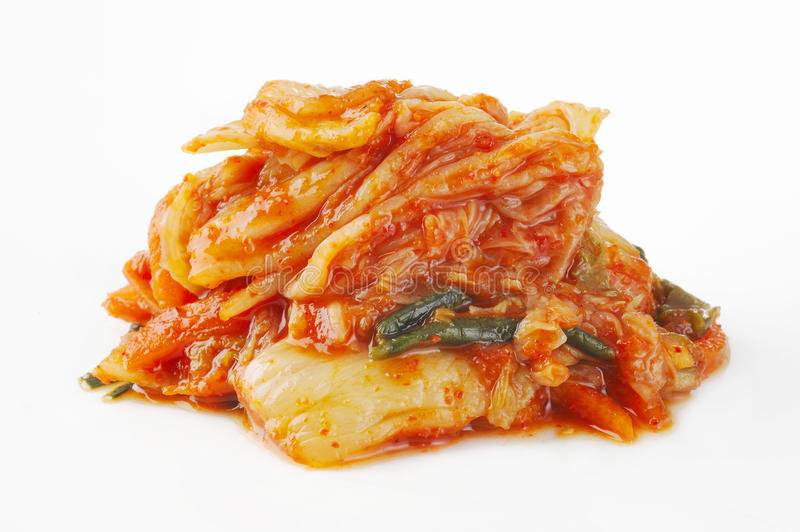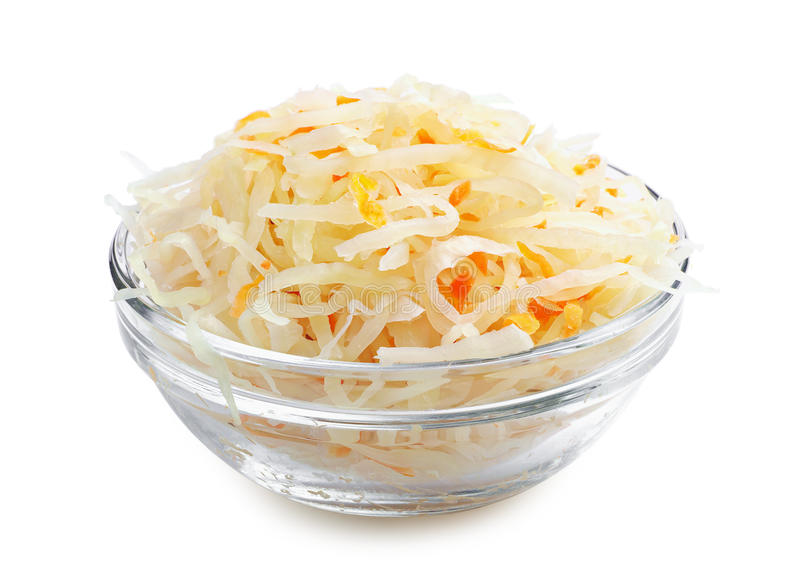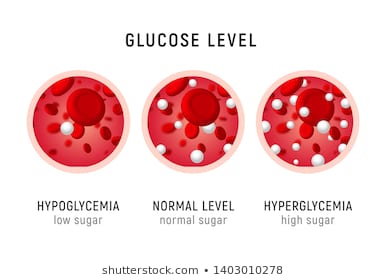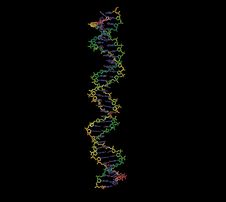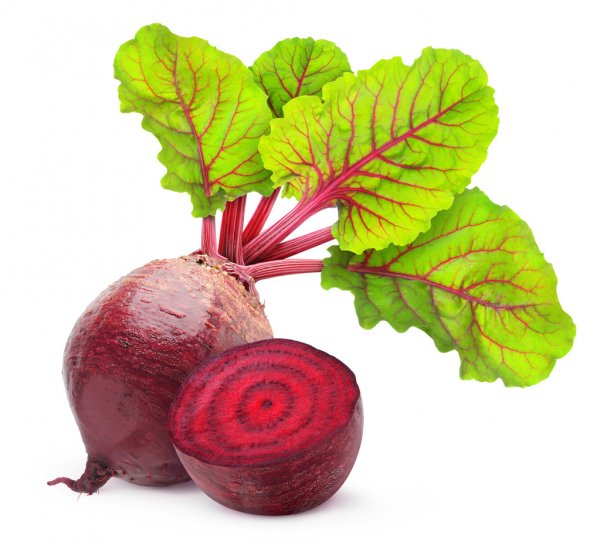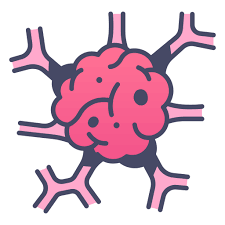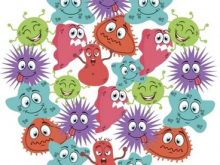How gut bacteria can enhance cancer treatment
Aug
30
A study led by principle investigator Kathy McCoy, from the University of Calgary, isolated three particular bacterial species associated with positive immunotherapy. These were Bifidobacterium pseudolongum, Lactobacillus johnsonii and Olsenella.
The study of four mice also found that bacterial metabolite inosine plays a role in activating anti-tumor T-cells.
See https://newatlas.com/science/gut-bacteria-microbiome-cancer-immunotherapy/


